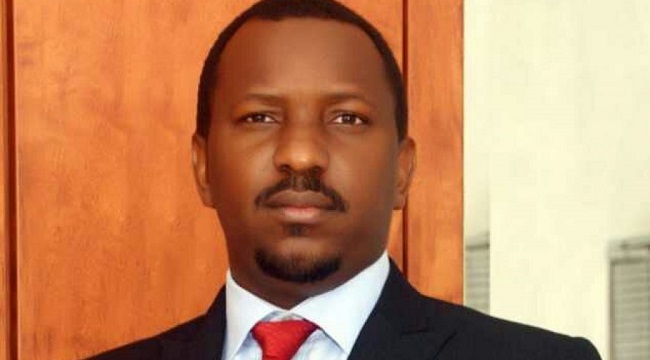President Bola Tinubu has appointed veteran sports administrator Shehu Dikko as chairman of the newly revived National Sports Commission (NSC). The appointment, announced Wednesday, comes as part of a comprehensive restructuring that includes the dissolution of the Ministry of Sports Development, marking a historic shift in the nation’s approach to sports management.
The revival of the NSC under Dikko’s leadership represents a return to a specialized sports administration model that many experts have long advocated for. Dikko, whose credentials include serving as chairman of the League Management Committee (LMC) and second vice-president of the Nigeria Football Federation (NFF), brings a wealth of experience that spans both administrative leadership and sports development.
This strategic appointment comes at a crucial time for Nigerian sports, as the country seeks to enhance its global competitiveness and develop a more sustainable sports ecosystem. Dikko’s background as a consultant to the House of Representatives Sports Committee positions him uniquely to bridge the gap between policy-making and practical implementation, a crucial factor in the success of this new administrative structure.
The dissolution of the Ministry of Sports Development in favor of the NSC reflects a broader vision for sports administration in Nigeria. This transformation aims to create a more focused and efficient approach to sports development, moving away from the bureaucratic constraints that often hampered the ministry’s effectiveness. The NSC’s mandate encompasses comprehensive oversight of sports policies, infrastructure development, and talent nurturing programs.
Dikko’s tenure at the League Management Committee offers insights into his potential approach to this new role. During his time with the LMC, he was known for implementing innovative strategies to improve professional football administration in Nigeria. His experience in navigating the complex landscape of Nigerian sports politics while maintaining professional standards suggests a promising direction for the NSC.
The reestablishment of the NSC represents more than just an administrative shuffle; it signals a fundamental shift in how Nigeria approaches sports development. The commission’s structure is designed to be more responsive to the needs of athletes, coaches, and sports federations, while also focusing on building sustainable infrastructure and development programs across all sports disciplines.
One of the most significant aspects of this transformation is the emphasis on creating a more professional and business-oriented approach to sports management. The NSC’s revival under Dikko’s leadership is expected to focus on attracting private sector investment, developing sports infrastructure, and creating pathways for athlete development from grassroots to elite levels.
The timing of this appointment is particularly significant as Nigeria prepares for various international sporting events and seeks to improve its performance on the global stage. The NSC’s role in coordinating national sports policies and programs will be crucial in building a more competitive sporting nation.
The restructuring also aims to address long-standing challenges in Nigerian sports, including infrastructure development, athlete welfare, and the need for more professional management of various sporting disciplines. The NSC’s mandate includes developing comprehensive strategies for talent identification, development, and support across all sports.
This administrative overhaul comes at a time when Nigerian sports faces both challenges and opportunities. The country’s potential in various sports disciplines remains largely untapped, and the NSC’s role in coordinating development efforts across different sports could prove crucial in maximizing this potential.
As Dikko takes the helm of the NSC, stakeholders in the Nigerian sports sector are watching closely to see how this new administrative structure will address the various challenges facing sports development in the country. The success of this initiative could set a new standard for sports administration in Africa and potentially serve as a model for other nations looking to reform their sports management systems.



